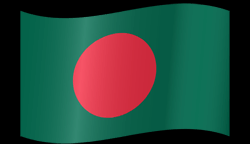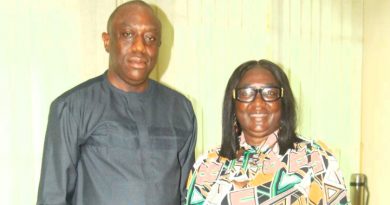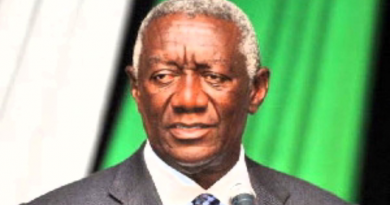MADE IN BANGLADESH CARS ON THE WAY
Bangladesh will soon venture into car production.
State-run Pragati Industries is set to accomplish the feat in close cooperation with Japanese automotive giant Mitsubishi Corporation.
The government aims to kick off plans by finalising within a short time a 2020 Automobile Industry Development Policy, the draft of which has already been shared with stakeholders seeking their opinion.
The objectives were announced by Industries Minister Nurul Majid Mahmud Humayun during a meeting with Ito Naoki, Japanese ambassador to Bangladesh, at the ministry.
Currently, Pragati assembles cars designed by Mitsubishi Motors, while PHP Motors, a sister concern of the PHP Family based in Chattogram, manufactures cars made by Malaysia’s PROTON.
Besides, Indian automotive giants Tata Motors and Mahindra & Mahindra recently showed interest in setting up similar partnerships with local manufacturers to get a share of the growing Bangladesh automobile market.
At present, about 63 vehicles are sold each day. In 2012, when the market had just started taking off, the daily figure was 29, according to the Bangladesh Reconditioned Vehicles Importers and Dealers Association (Barvida)
Bangladesh’s thriving automobile sector has grown 8 per cent on average every year since 2012, said various industry insiders.
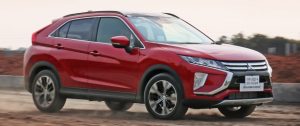
As per the draft policy, the country’s automobile industry has been considered as a potentially major industrial sector for the last two decades as it has registered impressive annual compound growth and contributes greatly to the national economy.
The sector is nearing critical mass thanks to its ability to adopt new technologies and increased efficiency in human resource management.
Currently, 23,000 cars are sold in the Bangladesh market every year, of which about 3,000 are new, which the draft policy said was an indicator of the market being at an initial stage.
The demand will cross 100,000 once locally produced cars are made available as prices will come down to reasonable levels. Bangladesh’s automobile industry could even become a part of the global supply chain in the future, it said.
The growing demand for cars, motorcycles and such is a result of the rise in purchasing power among the general public, it added.
Apart from the state’s own brand of cars, the government will provide manufacturing facilities for the private sector and attract foreign direct investment (FDI) in the automobile sector to reduce import dependence, said the draft policy.
As the market develops, policy incentives could be offered to foreign automakers to adopt semi-knocked down (SKD) production, the capacity of which may go on to vary widely from 2,000 to 12,000 units per year.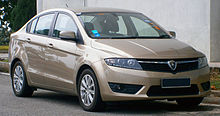
However, if the annual sales are expected to be less than 5,000, foreign automakers might prefer to just provide original equipment for local companies to use rather than make direct investments.
To ensure safety, product efficiency and environmental sustainability, programmes will be put in place to promote research, design and development for locally produced automotive products alongside suitable fiscal and financial incentives, the policy said.
In May last year, Mitsubishi proposed investing in Bangladesh to produce vehicles of its own brand.
Ryujiro Kobashi, vice-president of Mitsubishi Motors, expressed interest in setting up an assembly plant at Bangabandhu Sheikh Mujib Shilpa Nagar in Chattogram during his meeting with Commerce Minister Tipu Munshi at his Dhaka secretariat office.
The company sought policy support from the government to set up the plant, saying it would gradually be upgraded to a complete automobile manufacturing plant.
Naoki conveyed to Humayun the interest of Japanese automakers, including Mitsubishi, and emphasised on bilateral dialogue to increase investment in Bangladesh.
He assured providing technological support for Bangladesh to create its own brand of automobiles.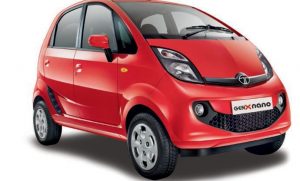
Naoki also urged the government to make motorcycle registration fees reasonable for the industry to flourish in Bangladesh.
Japan will help establish a testing and research institute to provide certifications for motorcycles, he said.
Motorcycle makers have been demanding an 81 per cent cut in bike registration fees in the next fiscal year’s budget as the purchasing power of the general mass has seen a sharp fall due to the pandemic.
The registration cost of a motorcycle, including registration fees, road tax, supplementary duties and other charges, is about Tk 22,000 on an average, which is about 25 per cent of the price of a 100cc motorcycle, the best-selling engine capacity.
The industry wants the fee to be fixed at Tk 4,000.
About the Japanese economic zone in Araihazar, Narayanganj, Naoki said it would be the best in Asia in terms of quality.
He also assured considering an industries ministry proposal for modernising state-run sugar diversify products.
(The Daily Star)

